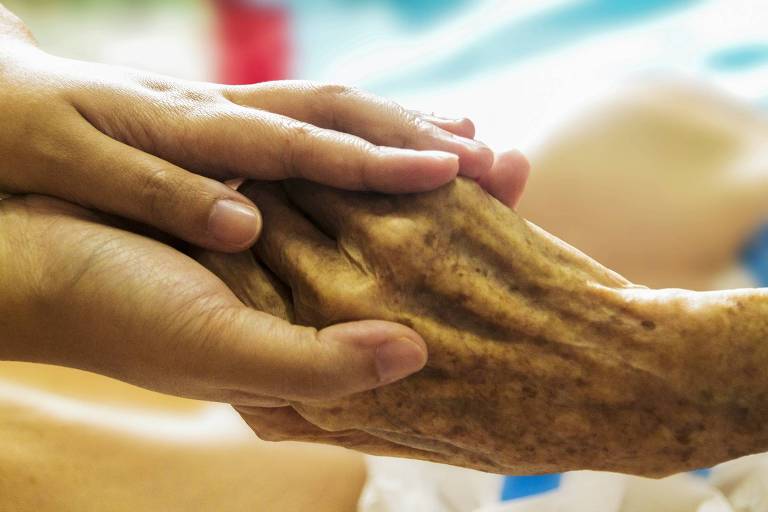Artificial intelligence algorithms are already able to predict the future quality of life of critically ill cancer patients. This may help patients, doctors, and family members to decide on supportive care rather than more aggressive therapies.
This is the conclusion from an unpublished study by the Faculty of Public Health of USP that was conducted in two oncology hospitals in São Paulo. The hospitals had 777 patients with advanced cancer admitted to the intensive care unit (ICU).
The models were right in up to 82% of cases if the patient will live for 30 days or so with quality of life - for example, with pain and other controlled symptoms.
Within two years of the study, 66% of the patients followed died, and 45% had a quality of life of up to 30 days. The median survival was 195 days, of which 70 had a quality of life.
The scientific paper, the first on predicting the quality of life of cancer patients, was published in the international scientific journal Journal of Critical Care.
Today, some algorithms make good predictions about these patients' chances of mortality but cannot accurately predict their quality of life to the end.
This information, according to the researchers, is important in deciding whether it is worthwhile to insist on more treatments or move on to supportive care - currently recommended to be started as soon as an incurable disease is diagnosed.
Translated by Kiratiana Freelon
